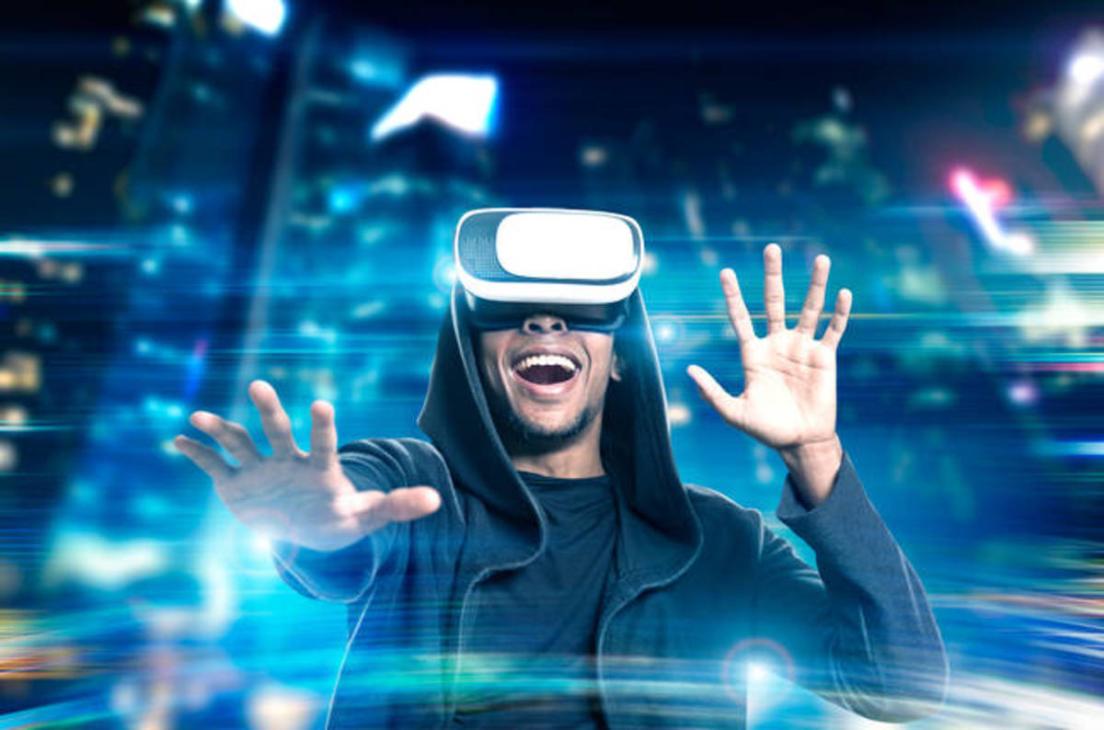How Can AI, Augmented Reality, and Virtual Reality Enhance Our Daily Lives?
As technology continues to advance at an unprecedented pace, artificial intelligence (AI), augmented reality (AR), and virtual reality (VR) are emerging as transformative forces with the potential to revolutionize various aspects of our daily lives. These technologies are already making significant strides in industries ranging from healthcare and education to entertainment and gaming, offering a glimpse into a future where our interactions with the world around us are seamlessly intertwined with digital experiences.

AI: Enhancing Efficiency And Automation
- AI has the power to automate repetitive and mundane tasks, freeing up our time for more creative and fulfilling endeavors.
- AI-powered tools and applications can streamline daily activities such as scheduling appointments, managing finances, and optimizing home energy usage.
- AI can analyze vast amounts of data to provide personalized recommendations and insights, improving decision-making and enhancing productivity.
AR: Blending The Physical And Digital Worlds
- AR overlays digital information onto the real world, creating immersive experiences and providing real-time assistance.
- AR is used in navigation, education, shopping, and gaming, among other fields.
- AR has the potential to enhance communication and collaboration by enabling remote users to interact with shared virtual objects.
VR: Creating Immersive And Engaging Experiences
- VR creates fully immersive virtual environments that can transport users to different worlds or simulate real-life scenarios.
- VR is used in entertainment, education, healthcare, and training, providing realistic and interactive experiences.
- VR has the potential to enhance empathy and understanding by allowing users to experience different perspectives and environments.
AI, AR, And VR In Healthcare
- AI is used to analyze medical data, diagnose diseases, and develop personalized treatment plans.
- AR assists surgeons during operations, provides real-time patient information, and enhances rehabilitation exercises.
- VR is used in pain management, phobia treatment, and surgical training, offering immersive and interactive experiences.
AI, AR, And VR In Education
- AI personalizes learning experiences, adapts to individual needs, and provides real-time feedback.
- AR creates interactive educational content, visualizes complex concepts, and conducts virtual field trips.
- VR creates immersive learning environments, allowing students to experience historical events, explore scientific phenomena, and engage in virtual simulations.
AI, AR, And VR In Entertainment And Gaming
- AI generates personalized recommendations, creates dynamic and adaptive game environments, and enhances the overall gaming experience.
- AR is used in interactive storytelling, augmented reality games, and location-based entertainment.
- VR creates fully immersive gaming experiences, virtual concerts, and interactive entertainment platforms.
AI, AR, and VR hold immense promise for transforming our daily lives, offering a multitude of benefits across various industries and domains. As these technologies continue to evolve and mature, we can expect to see even more innovative and groundbreaking applications that further enhance our productivity, creativity, and overall well-being. However, it is crucial to approach the adoption and implementation of these technologies responsibly and ethically, ensuring that they are used for the betterment of society and to address global challenges.
YesNo

Leave a Reply